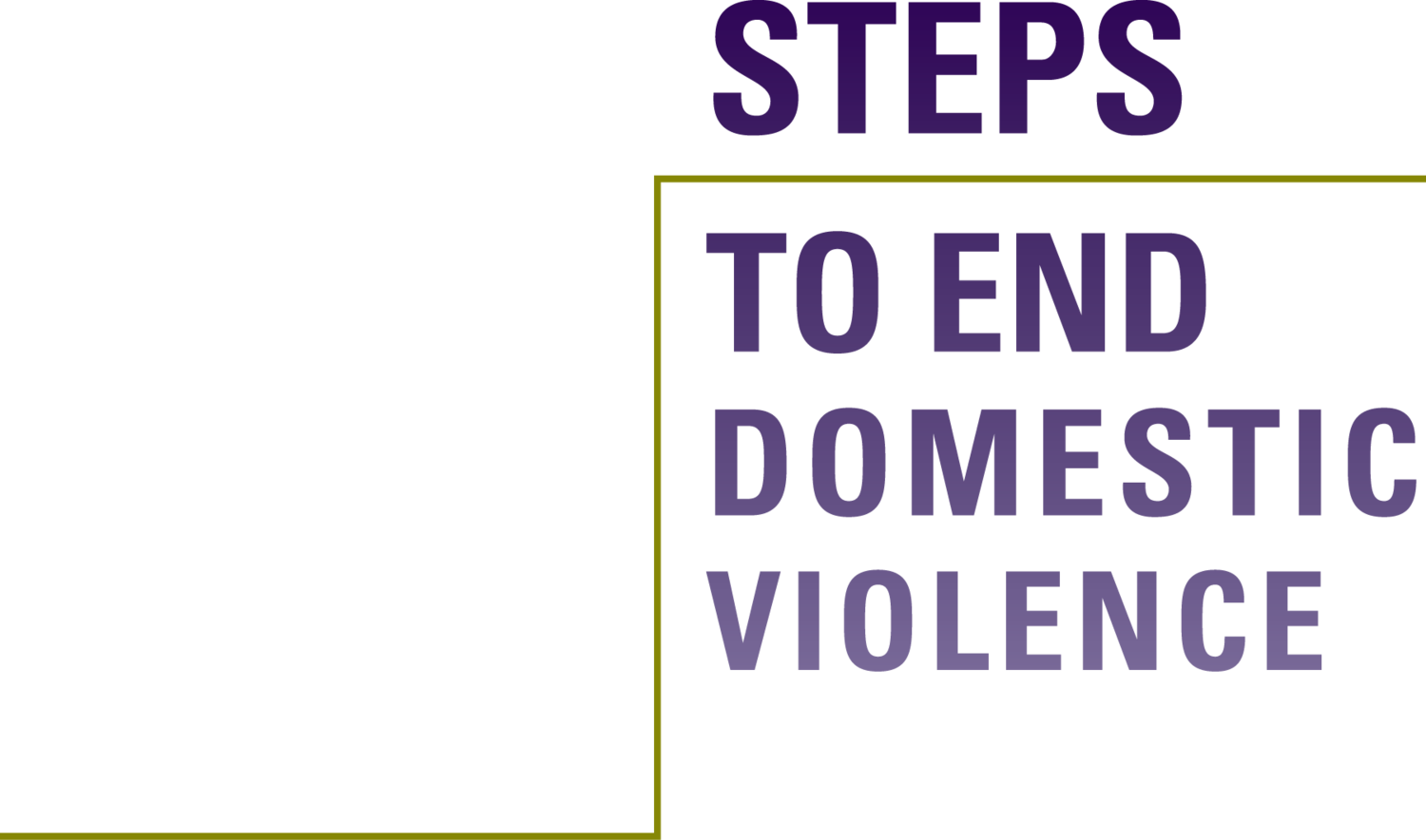TECH SAFETY
If you are in danger, use a computer that someone abusive does not have direct or remote (hacking) access to. The National Network to End Domestic Violence offers these safety tips.
- If you think your activities are being monitored, they probably are. Abusive people are often controlling and want to know your every move. You don’t need to be a computer programmer or have special skills to monitor someone’s computer and Internet activities – anyone can do it and there are many ways to monitor with programs like Spyware, keystroke loggers and hacking tools.
- It is not possible to delete or clear all the “footprints" of your computer or online activities. If you are being monitored, it may be dangerous to change your computer behaviors such as suddenly deleting your entire Internet history if that is not your regular habit.
- If you think you may be monitored on your home computer, be careful how you use it since an abuser might become suspicious. You may want to keep using the monitored computer for innocuous activities, like looking up the weather. Use a safer computer to research an escape plan, look for new jobs or apartments, bus tickets, or ask for instant help.
- Email and Instant/Text Messaging (IM) are not safe or confidential ways to talk to someone about the danger or abuse in your life. If possible, call a hotline instead. If you use email or IM, use a computer and an account your abuser does not know about.
- Computers can store a lot of private information about what you look at via the Internet, the emails and instant messages you send, internet-based phone and IP-TTY calls you make, web-based purchases and banking, and many other activities.
- It might be safer to use a computer in a public library or at a trusted friend’s house
Advocates at Steps to End Domestic Violence are always available to help you safety plan around technology. Call our hotline 802-658-1996.

